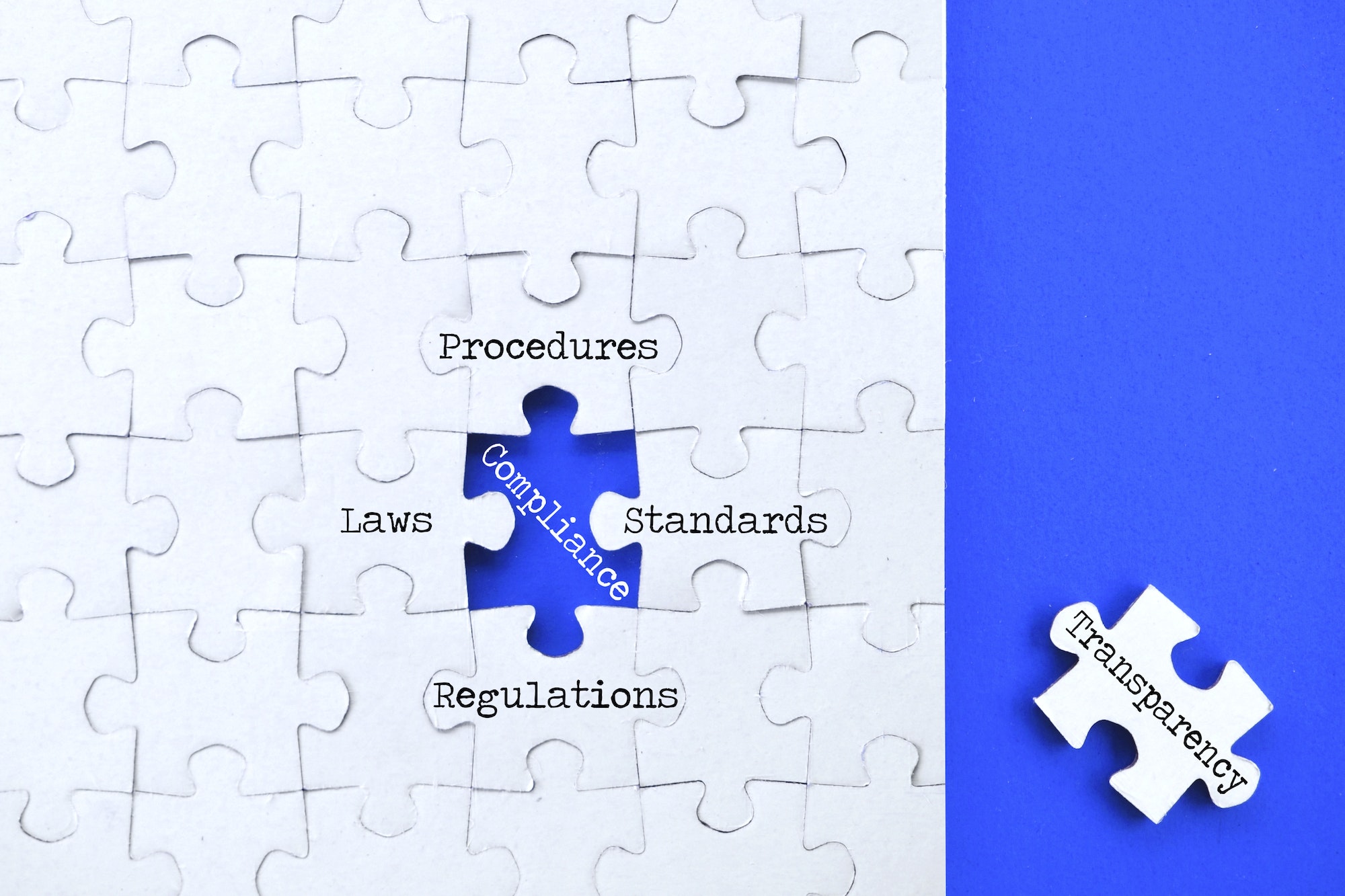What is the OTC market and how does it work?
OTC is the acronym for Over The Counter, which is the markets where it is possible to trade various financial instruments (shares, bonds, currencies, swaps, etc …) outside the official and stock exchange financial circuits.
In OTC markets, the price is decided only by the meeting of supply and demand, regardless of the prices on the underlying ones.
Examples of OTC markets are the Forex (Foreign Exchange) market of FIAT currencies, that of cryptocurrencies and that of derivatives such as options.
In this type of markets there is no central office, but there is a decentralized network of clients and dealers, in which the latter act as market makers, offering quotes with a buy (bid) and a sell (ask) price.
Exchanges can be made over the phone, via email, via text message or via websites, through which a contract is stipulated in which the price, quantity and method of payment are fixed.

The characteristics of the OTC markets.
It is a bilateral market where it is possible to distinguish two market alternatives:
- Bilateral negotiation in which traders make their purchase and sale prices public and all operations can be carried out independently.
- Multilateral trading here may be one or more intermediaries and the transactions are carried out between third parties without the intermediary acting as a counterparty.
One of the advantages of the OTC market is the possibility of negotiating a greater number of transactions electronically, leaving telephone negotiations only for more complex and less standardized contracts.
We can also distinguish two types of sub-markets within the OTC:
- Client market: where dealers trade with clients (i.e. companies and / or institutions);
- Interdealer market: where dealers trade with each other.
Obviously a dealer differs from another according to the price offered and according to the spread (difference) between the bid and ask price.
How to operate on the OTC market.
In order to operate in the OTC markets, either you go to certain web platforms where dealers publish offers to buy, or you go to a known dealer (i.e. in the crypto world they are crypto.com, FTX and Binance) and a quote is requested. price and quantity via telephone, sms, email or directly on the website through a special portal.

The Differences With The Regulated Market.
The main differences with the regulated market are:
Less regulation: OTC markets do not suffer from the regulation found exclusively in traditional markets such as stock exchanges, which makes trading easier.
More liquidity: compared to traditional markets, there is much more liquidity in OTC markets; in some markets the minimum liquidity required is even inaccessible for small retailers (think of crypto where many dealers require a minimum exchange of $ 100,000).
More privacy: the trade between two counterparties can take place without the other traders being aware of either the price at which the trade was made or the existence of the same.
Possibility of setting a price: as a corollary of the second advantage, a trader who wants to make a very large trade, which if it were carried out on an order book would result in a high average load price, has the possibility through the OTC markets to fix the purchase / sale price, and therefore do not get lost in the phenomenon just described, called slippage in jargon.
Greater freedom: in OTC markets there is more freedom on the choice of the counterparty and on the conditions of exchange, as well as the impossibility of the counterparty to freeze the other’s funds.
No border limits: OTC markets, given the poor regulation compared to the traditional market, have no geographical borders to be able to trade. In fact, dealers have the ability to offer their quotes to every user on the globe.
24/7 operation: compared to traditional exchanges, it is possible to operate 24 hours a day, 7 days a week.
Advantages vs Disadvantages.
The Advantages
* Some characteristics of OTC markets are simultaneously advantages and disadvantages, and here we explain why:
Less regulation: OTC markets do not suffer from the regulation found exclusively in traditional markets such as stock exchanges, which makes trading easier.
More liquidity: Compared to traditional markets, there is much more liquidity in OTC markets. This makes it very useful for traders who want to fulfill very large orders that would not be possible on traditional markets without affecting the price and liquidity of the traditional reference market.
More privacy: the trade between two counterparties can take place without the other traders being aware of either the price at which the trade was made or the existence of the same, de facto increasing the trader’s privacy with respect to the entire market.
Possibility of setting a price: as a corollary of the second advantage, a trader who wants to make a very large trade, which if it were carried out on an order book would result in a high average load price, has the possibility through the OTC markets to fix the purchase / sale price, and therefore do not get lost in the phenomenon just described, called slippage in jargon.
More confidentiality with the counterparty: in some cases the OTC exchange offers the possibility of coming into direct contact with the counterparty and obtaining more information about it, thus increasing the trust of the same.
More freedom: in OTC markets, you have more freedom on the choice of the counterparty and on the conditions of exchange, as well as the impossibility of the counterparty to freeze the other’s funds.
Without borders: OTC markets, given the poor regulation compared to the traditional market, have no geographical borders to be able to trade. In fact, dealers have the ability to offer their quotes to every user on the globe.
24/7 operation: compared to traditional exchanges, it is possible to operate 24 hours a day, 7 days a week.